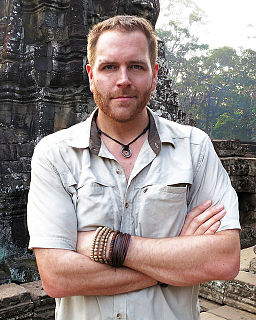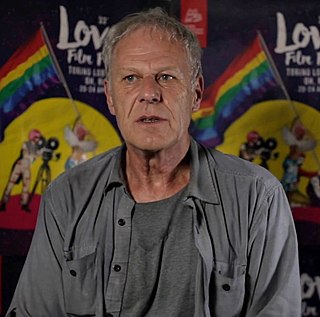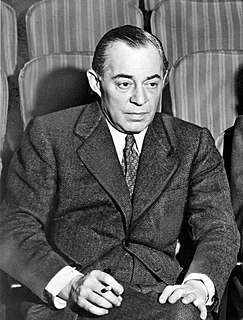A Quote by Jennifer Egan
I spend so long writing each of my novels that by the time I'm done with one, I'm ready to discover a totally different world.
Related Quotes
It's funny - for a long time, I didn't know I was writing a book. I was writing stories. For me, each story took so long and took so much out of me, that when I finished it, I was like, Oh my gosh, I feel like I've poured everything from myself into this, and then I'd get depressed for a week. And then once I was ready to write a new story, I would want to write about something that was completely different, so I would search for a totally different character with a different set of circumstances.
Writing fiction is very different to writing non-fiction. I love writing novels, but on history books, like my biographies of Stalin or Catherine the Great or Jerusalem, I spend endless hours doing vast amounts of research. But it ends up being based on the same principle as all writing about people: and that is curiosity!
Writing is not a job or activity. Nor do I sit at a desk writing for inspiration to strike. Writing is like a different kind of existence. In my life, for some of the time, I am in an alternative world, which I enter through day-dreaming or imagination. That world seems as real to me as the more tangible one of relationships and work, cars and taxes. I don't know that they're much different from each other.
'Particularly' is particularly difficult because the 'L' and the 'R' are totally different, like totally different letters. I would spend hours in front of the mirror with my dialect coach to observe my tongue. You don't think, when you speak, about all the things that happen in your jaw and your mouth, how everything reacts, so you have to watch all those things and realise we have a totally different use of our tongue and jaws.
In many ways, a song-writing partnership is like a marriage. Apart from just liking each other, a lyricist and a composer should be able to spend long periods of time together - around the clock if need be - without getting on each other's nerves. Their goals, outlooks, and basic philosophies should be similar.





































